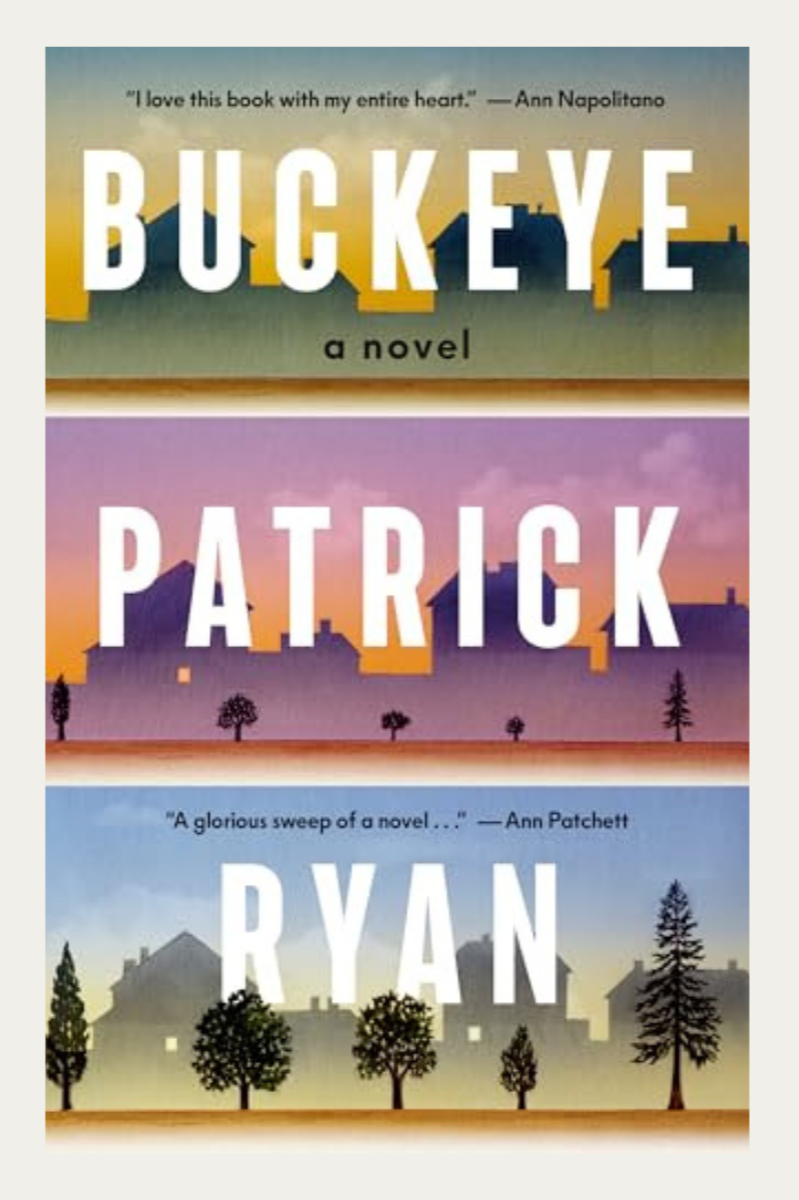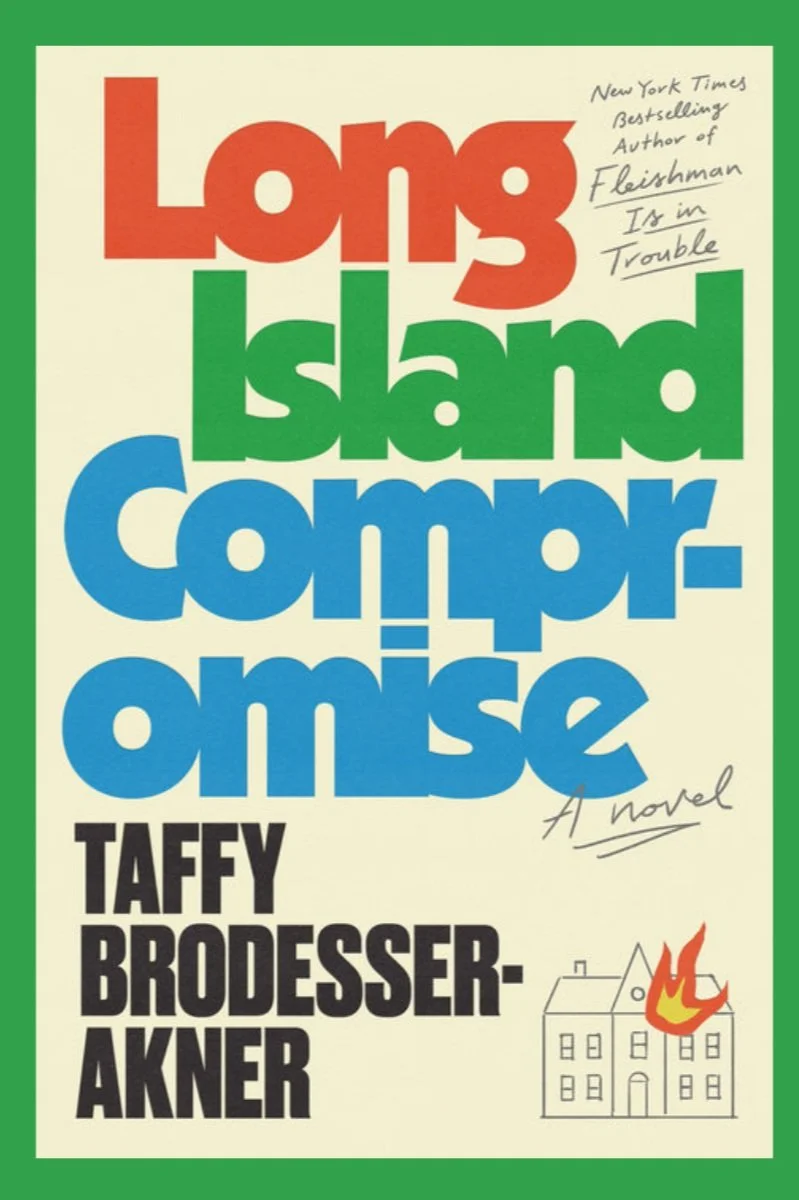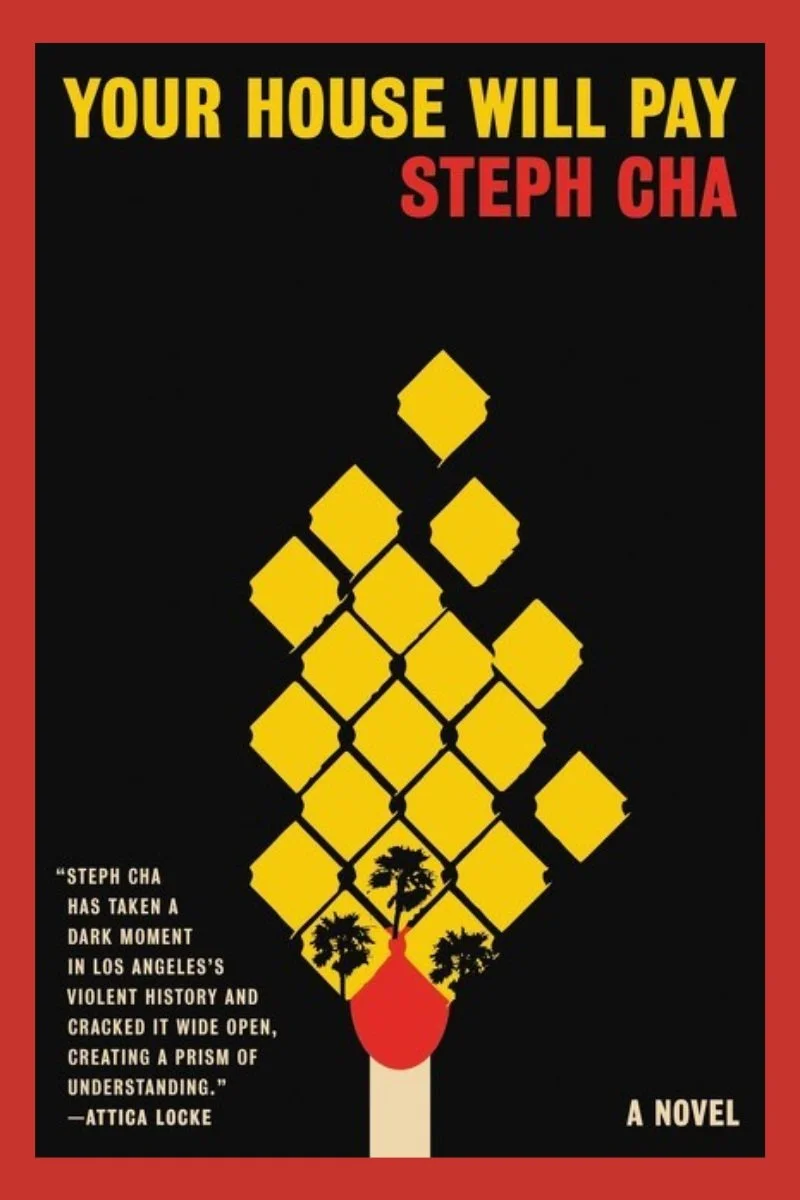A tender, character-driven novel about marriages, secrets and small-town lives—sweeping yet intimate, and one of my standout reads of 2025.
All tagged family drama
No Hiding in Boise – Kim Hooper
A mass shooting ties three women together, but despite the emotional setup, “No Hiding in Boise” struggles to go beyond surface-level grief and melodrama. Well-structured, but not all that memorable.
If the Dead Belong Here – Carson Faust
A haunting but uneven gothic debut where grief, Indigenous folklore, and family trauma intertwine—ambitious, atmospheric, and ultimately exhausting.
Run for the Hills – Kevin Wilson
Kevin Wilson books usually follow a pattern: high-concept premise, strong start, then a slow unraveling into sentiment or chaos. “Run for the Hills” still asks you to suspend disbelief (a lot of it), but for once, the absurdity holds.
Broken Country – Clare Leslie Hall
Hall isn’t writing heroes or villains, she’s writing about people who believe their own rationalizations – even as they unravel the lives of others.
Tell Me How to Be – Neel Patel
“Tell Me How to Be” isn’t perfect. It’s sometimes overwrought, and Akash will test your sympathy, but it’s also culturally honest without pandering and willing to sit in discomfort. It shows real growth from Patel’s earlier work and enough promise to make me want to see what he does next.
American Wife – Curtis Sittenfeld
It’s a curious novel, blending fiction with recognizable realities, that made me care about a family I would have rather forgotten. So I’m surprised to say I’m glad I picked it up. Not because of the subject matter but because it proves Sittenfeld is one of the most fascinating writers working today.
Blue Sisters – Coco Mellors
“Blue Sisters” is, in many ways, a Trojan horse of a novel – what seems like a light, fast read is actually a deeply serious and heartfelt story about grief’s enduring grip and the slow, often painful process of rebuilding in its wake.
If Beale Street Could Talk – James Baldwin
Though the author is best known for his searing critiques of race and sexuality, “Beale Street” is unique in his body of work. It’s his first novel (that I’ve read) centered entirely on Black love and the only one narrated by a woman.
Godwin – Joseph O’Neill
Split between two narrators – Mark Wolfe, a self-absorbed technical writer from Pittsburgh, and Lakesha Williams, his diligent and thoughtful work colleague – the story kicks off with a mundane office conflict that feels disconnected from the rest of the novel's ostensible focus: the search for Godwin, a young African soccer prodigy. This odd opening sets the tone for a book that reads like two distinct narratives clumsily stitched together.
The Brothers K – David James Duncan
For all its flaws, “The Brothers K” offers a reminder of the bonds that hold families together despite their differences. The Chance family, though flawed and frequently at odds, is united by love and loyalty – a timely message about finding the good in one another.
Long Island Compromise – Taffy Brodesser-Akner
Everything you need to know about “Long Island Compromise” is in the title. It is essentially a 500-page exploration of the ways in which people can be screwed over by each other, a job and the relentless pursuit of money.
Real Americans – Rachel Khong
Exploring the complexities of family, identity and the American Dream – plus the ethics of genome editing for good measure – it's the type of novel that could easily veer into literary excess but Khong showed a remarkable knack for balancing heavy ideas with beach read sensibilities.
North Woods – Daniel Mason
Expectation: A straightforward historical fiction journey through a remote area of New England.
Reality: A dark, but accessible fairytale filled with ghosts – both literal and figurative – that excels at making the reader care about the dozen or so characters we meet. It was one of the more creative novels I read this year.
Hello Beautiful – Ann Napolitano
Expectation: A richly-layered tearjerker that tracks the ups and downs of four sisters and the people in their orbit.
Reality: Too many characters without development and repetitive sections showed the author couldn’t scale her storytelling ambition.
The Curious Incident of the Dog in the Night-Time – Mark Haddon
Expectation: A light-hearted English mystery.
Reality: Darker than expected with a somewhat problematic undertone.
Your House Will Pay – Steph Cha
Expectation: A trauma-fest ripped from the headlines.
Reality: A surprisingly balanced and detailed microhistory of early 1990s racial tensions in Los Angeles. The story had many layers that were explored in detail without making this feel like an agony dump.
Brother & Sister Enter the Forest – Richard Mirabella
Expectation: A modern retelling of Hansel and Greta but with PTSD being the villain.
Reality: An engrossing and complex story about forgiveness and self-love. It’s not going to be to everyone’s taste, but it’s worth the read.
Clap When You Land – Elizabeth Acevedo
Expectation: A sullen “Parent Trap”-esque young adult novel about two half sisters learning about one another through tragedy.
Reality: A gorgeously understated book-in-verse that delivered strong character development and real emotion without pandering to YA trends.
Saturday Night at the Lakeside Supper Club – J. Ryan Stradal
Expectation: My enthusiasm was off the charts for this book, my most anticipated read of the year.
Reality: While not as strong as Stradal's previous novels, it was still highly entertaining and he took a few risks that mostly paid off.



















